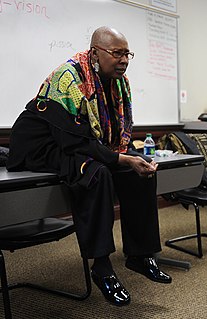A Quote by M. Scott Peck
All human interactions are opportunities either to learn or to teach.
Quote Topics
Related Quotes
I don't think anybody can teach anybody anything. I think that you learn it, but the young writer that is as I say demon-driven and wants to learn and has got to write, he don't know why, he will learn from almost any source that he finds. He will learn from older people who are not writers, he will learn from writers, but he learns it -- you can't teach it.
Indeed, the study of universities and the great men and women who have attended them leads me to think that the best of these schools are characterized not so much by what they teach and how they teach it but by the extent they provide opportunities and encouragement for students to teach themselves.
For example, most mammals are either monogamous or polygamous. But as every poet or divorce attorney will tell you, humans are confused - After all, we have monogamy, polygamy, polyandry, celibacy, and so on. In terms of the most unique thing we do socially, my vote goes to something we invented alongside cities - we have lots of anonymous interactions and interactions with strangers. That has shaped us enormously.
When you learn to read and write, it opens up opportunities for you to learn so many other things. When you learn to read, you can then read to learn. And it's the same thing with coding. If you learn to code, you can code to learn. Now some of the things you can learn are sort of obvious. You learn more about how computers work.






































